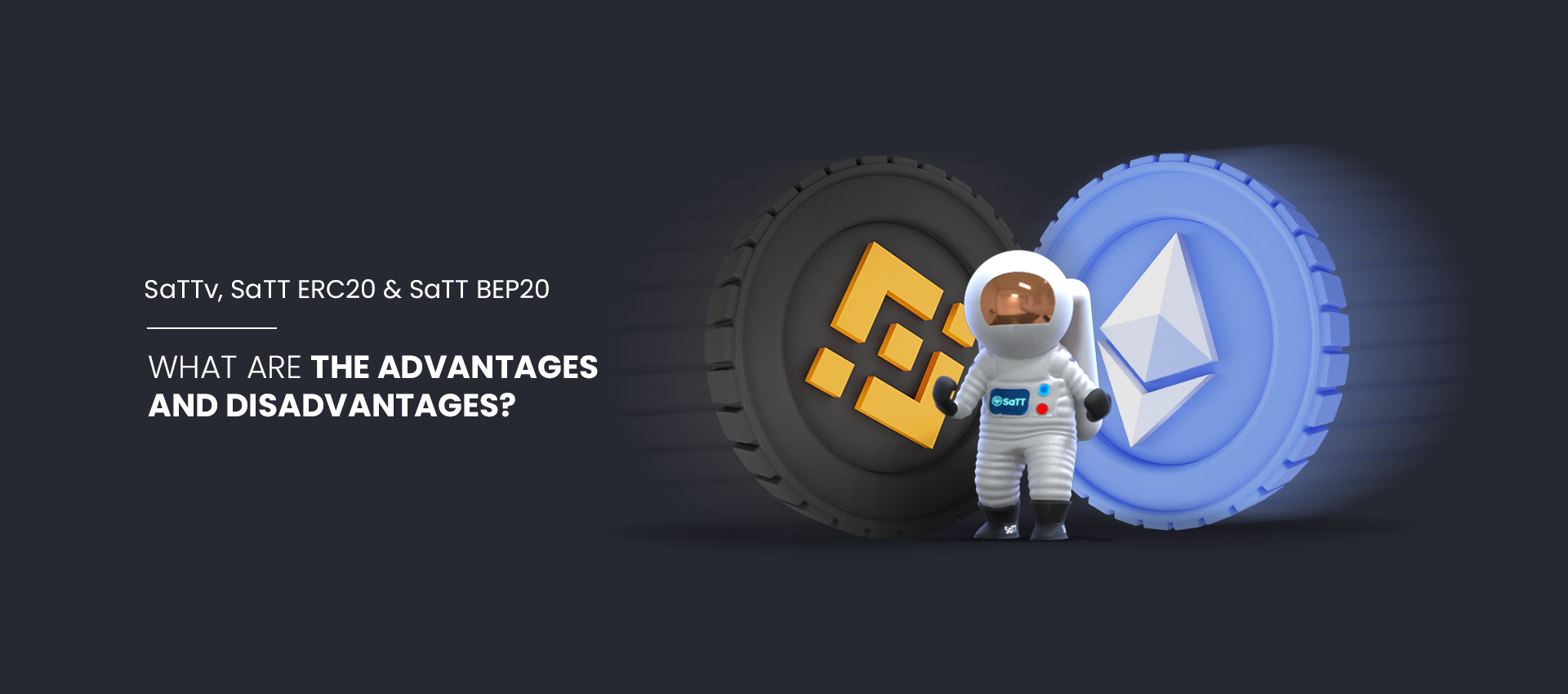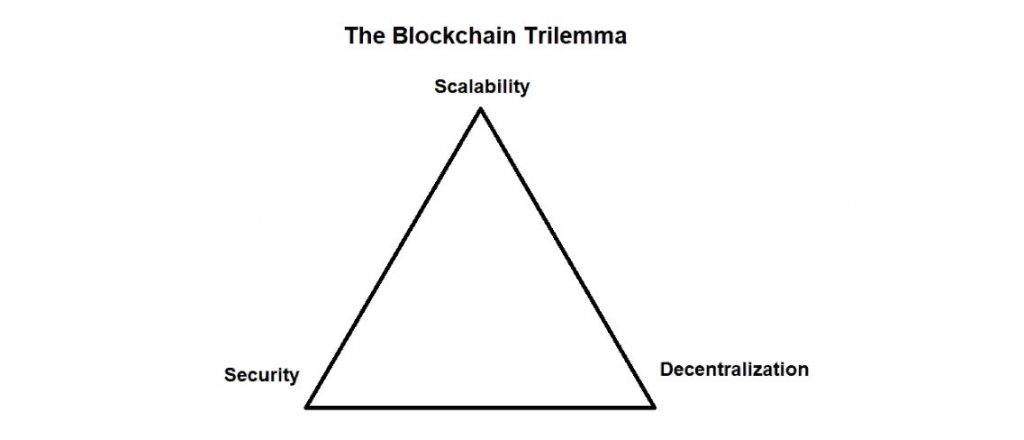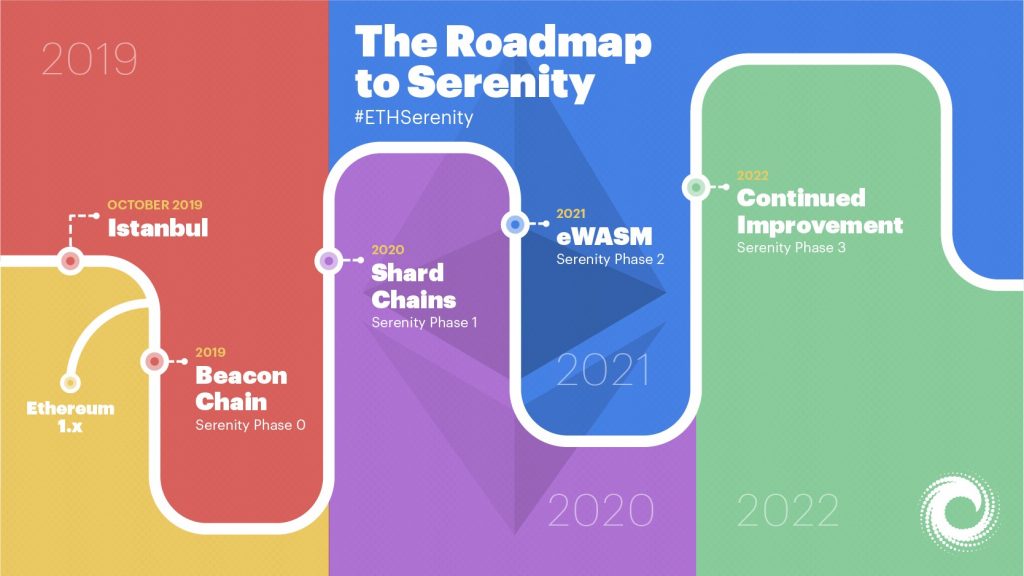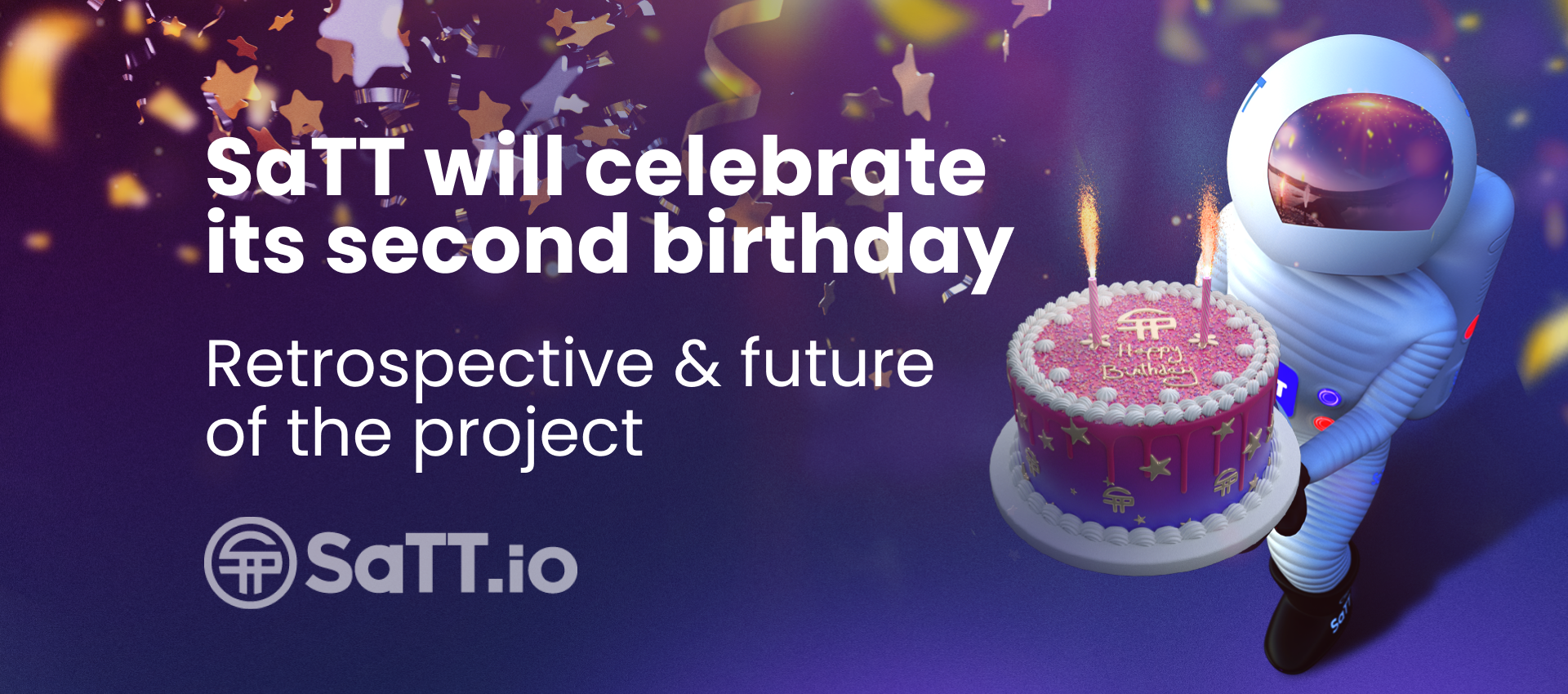
SaTT Update 2021 – SaTTv, SaTT ERC20 & SaTT BEP20: What are the advantages and disadvantages?
If you have not read the first episode of this series, you can read it here
During the last months, the SaTT team had to consider and develop several solutions to overcome the rising costs and more following the bull run and the exponential use of the Ethereum blockchain network. SaTTv, SaTT ERC20, SaTT BEP20 these three solutions have their advantages and disadvantages. We will explain all the details to you in this article.
Table of Contents
Summary
- SaTTv: semi-centralized temporary solution
- SaTT ERC20: Ethereum more and more expensive, pending Ethereum 2.0
- SaTT BEP20: lower costs, limited decentralization
SaTTv: semi-centralized temporary solution
Following the rise in Ethereum transaction fees since July 2020, we have developed a solution to reduce costs while remaining on the Ethereum blockchain. This solution made it possible to bring together the many transactions of our smart contracts in just two transactions.
Examples (Ethereum price average: $ 1298; Ethereum fees average: 100 Gwei)
Campaign creation:
Without SaTTv ±$ 50 (400,000 Gas)
With SaTTv ± $ 6.49 (50,000 Gas)
Addition of a publication link:
Without SaTTv ± $ 12.98 (100,000 Gas)
With SaTTv $ 0
Validation of a publication link:
Without SaTTv ± $ 6.49 (50,000 Gas)
With SaTTv $ 0
Recovery of earnings:
Without SaTTv ± $ 12.98 per withdrawal (100,000 Gas)
With SaTTv ± $ 6.49 (50,000 Gas)
This solution was to be used while awaiting the Ethereum 2.0 update. This allowed us to test and operate our solution at a low cost. Unfortunately, this technology was not decentralized and did not suit our vision of the project. Therefore, we were in constant search of another solution following our values. This is why we replaced this functionality with the use of the Binance Smart Chain. More details on the SaTT BEP20 are in part 3 of this article.
SaTT ERC20: Ethereum more and more expensive, pending Ethereum 2.0
Ethereum has always represented our values, our ambitions.

Decentralization, Scalability, Security. These are the three goals of Ethereum and blockchain in general. However, obtaining optimal functioning in the three objectives without neglecting one of the options is one of the major problems of the blockchain. Ethereum 2.0 aims to resolve this trilemma.

It is a long, uncertain development process. But Ethereum is, at present, the blockchain offering smart contracts the most reliable and the most used. This is why we want to continue to develop with Ethereum.
Recently overwhelmed by many transactions, especially by the massive evolution of the use of DEXs (Uniswap, Sushiswap, etc.), the transaction fees of the Ethereum network have continued to rise. Ethereum 2.0 aims to reduce these fees significantly.
One of the significant changes in ETH 2.0 is the switch from Proof of Work to Proof of Stake. Staking started several months ago and the network already has more than 200,000 validators, which is extremely promising for obtaining a completely decentralized network.
SaTT BEP20: lower costs, limited decentralization
The Binance Smart Chain was developed to make DApps possible at a lower cost and with optimal speed. Binance Smart Chain works with the Binance Chain network, but is entirely independent of the latter. Therefore, if the Binance Chain were to stop, the Binance Smart Chain could continue to function.

In addition, an ERC20 smart contract that is easy and quick to develop in BEP20, on the Binance Smart Chain. Indeed, it uses the EVM (Ethereum Virtual Machine). All the features offered by the Ethereum network are therefore available on the Binance network.
We have therefore adapted our platform to make it compatible with the Binance Smart Chain network. All our smart contracts and our token are consequently available on this network.
The only problem with Binance Smart Chain is that it only has 21 validators. This neglects the decentralization of the network. As explained in the blockchain trilemma, it isn’t easy to achieve all three goals optimally. This is why our significant development is always focused on the Ethereum Blockchain.
In conclusion, we quickly abandoned the SaTTv to replace it with the SaTT BEP20. The Binance Smart Chain allowed us to open up to the use of different blockchain networks. The use of our DApp in cross-chain significantly increases our accessibility potential. We are continuing, and we will continue our research and development work on these axes.





